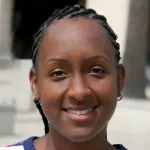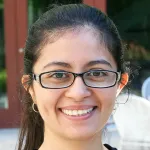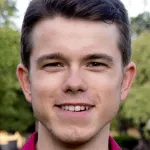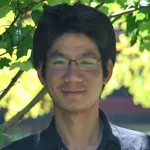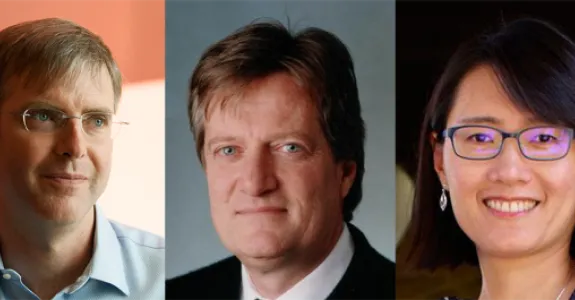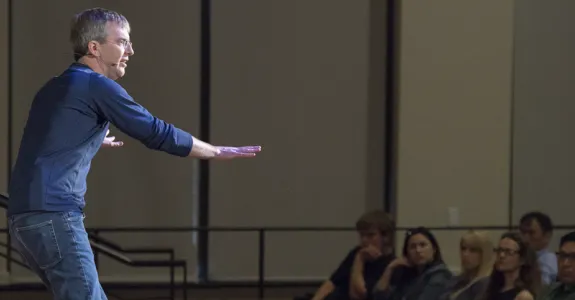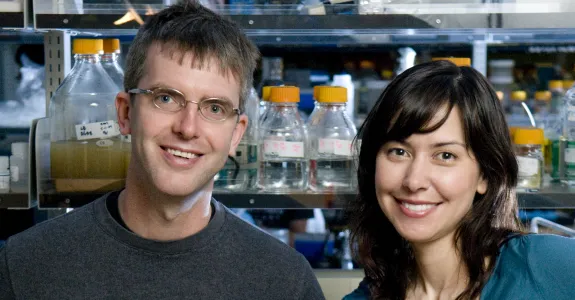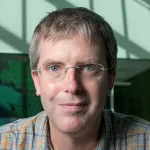
Dr. Drew Endy studies synthetic biology and teaches bioengineering. His goals are civilization-scale flourishing and a renewal of liberal democracy. Prof. Endy helped launch new undergraduate majors in bioengineering at both MIT and Stanford and also the iGEM — a global genetic-engineering “Olympics” enabling thousands of students annually. His past students lead various companies. He is married to Dr. Christina Smolke, CEO of Antheia. Endy has served on the US National Science Advisory Board for Biosecurity (NSABB), the Committee on Science Technology & Law (CSTL). the International Union for the Conservation of Nature’s (IUCN) Synthetic Biology Task Force, the World Health Organization’s (WHO) Advisory Committee on Variola Virus Research, and, briefly, the Pentagon’s Defense Innovation Board (DIB). Esquire magazine recognized Drew as one of the 75 most influential people of the 21st century.
The Endy lab works to strengthen the foundations and expand the frontiers of synthetic biology. Their foundational work includes (i) advancing reliable reuse of bio-measurements and -materials via standards that enable coordination of labor, and (ii) developing and integrating measurement and modeling tools for representing and analyzing living matter at whole-cell scales. Their work beyond the frontiers of current practice includes (iii) bootstrapping biotechnology tools in unconventional organisms (e.g., mealworms, wood fungus, skin microbes), and (iv) exploring the limits of whole-genome recoding and building cells from scratch. The lab also supports strategy and policy work related to bio-safety, security, economy, equity, justice, and leadership.

